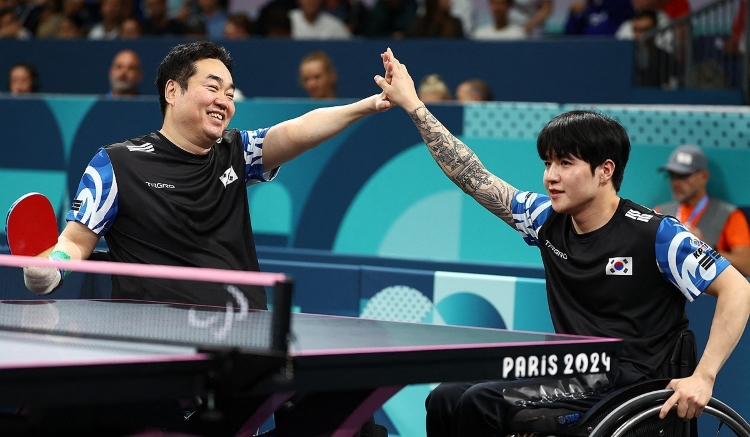

On September 8, 2024, the Summer Paralympics in Paris was successfully ended. This Paralympics and Olympics were global festivals showcasing the incredible achievement of the participating athletes. However, there were notable concerns, such as disparities in how nations were treated, a lack of food in the Olympics Village, and the water quality of the Seine River. While many of these issues received worldwide attention and were addressed, some unfortunately went unnoticed or underreported.
"He's incredible, especially for someone with a disability!" It is a remark para-athletes often hear, but is it really a compliment? People who make these remarks may have good intentions and admire para-athletes for overcoming their impairments, but such comments are misguided in today's world. Like the Olympics, the Paralympics celebrate athletic achievements. They are not a touching movie or documentary: Athletic prowess and sporting excellence should take center stage.
Nonetheless, many people still unduly focus on athletes' disabilities and the challenges they've overcome. A Channel 4 investigation found that nearly 60 per cent of viewers tuned into the Paralympics to see athletes overcoming their disabilities. In contrast, only few prioritize stories of personal struggles over the thrill of competition when watching the Olympics, highlighting how society views para-athletes differently.
Despite the unwarranted perception that para-athletes are somehow inferior to Olympic athletes, the environments both groups compete in are arguably indistinguishable. Indeed, both groups strive to push the limits of human performance. The prefix "para" in Paralympics reflects the idea that disabled and non-disabled athletes are equal and have "parallel" status, demonstrating that sports themselves are not concerned with disability; only people with prejudice make such a distinction.
Public awareness is not the only challenge to be overcome. The way that the media represents para-athletes should also change. A large portion of the media treats para-athletes as superhuman and heroes. Guillaume Gobert, Marketing & Media Manager of the Belgian Paralympic Committee, advised against describing para-athletes in this way and urged reporters to be honest about para-athletes' performance levels in competitions. As long as the Paralympics are perceived as reserved for exceptional individuals and its athletes are seen as superhuman, sports and physical activity will remain inaccessible to all people with disabilities. Therefore, the media should stop focusing on specific disabilities or heroic narratives and instead report on sporting performance, whether good or bad, just as they do for the Olympics.
Another fundamental problem is that the Paralympics receive much less broadcast coverage than the Olympics. In Korea, for example, the Paralympics get approximately ten times less broadcasting time than the Olympics and are primarily scheduled for late-night time slots. In this context, it is no surprise that many people are unfamiliar with para-athletics.
In an interview with the International Paralympics Committee, Stefanie Reid, a track and field para-athlete, said, "For me, the Paralympics means possibility." She emphasized that the Paralympics is an important event because it shows us there are no limitations for people with disabilities other than those imposed by societal bias. The Paralympics are more than a sporting competition; they reflect society and a starting point for possibility. The SeoulTech hopes that the Paralympics truly become "Parallel-ympics," in which athletes are treated with equal status to those in the Olympics.
Reporter,
Kyungmin Shin km.pa22@seoultech.ac.kr


 Comment 0
Comment 0 Posts containing profanity or personal attacks will be deleted
Posts containing profanity or personal attacks will be deleted